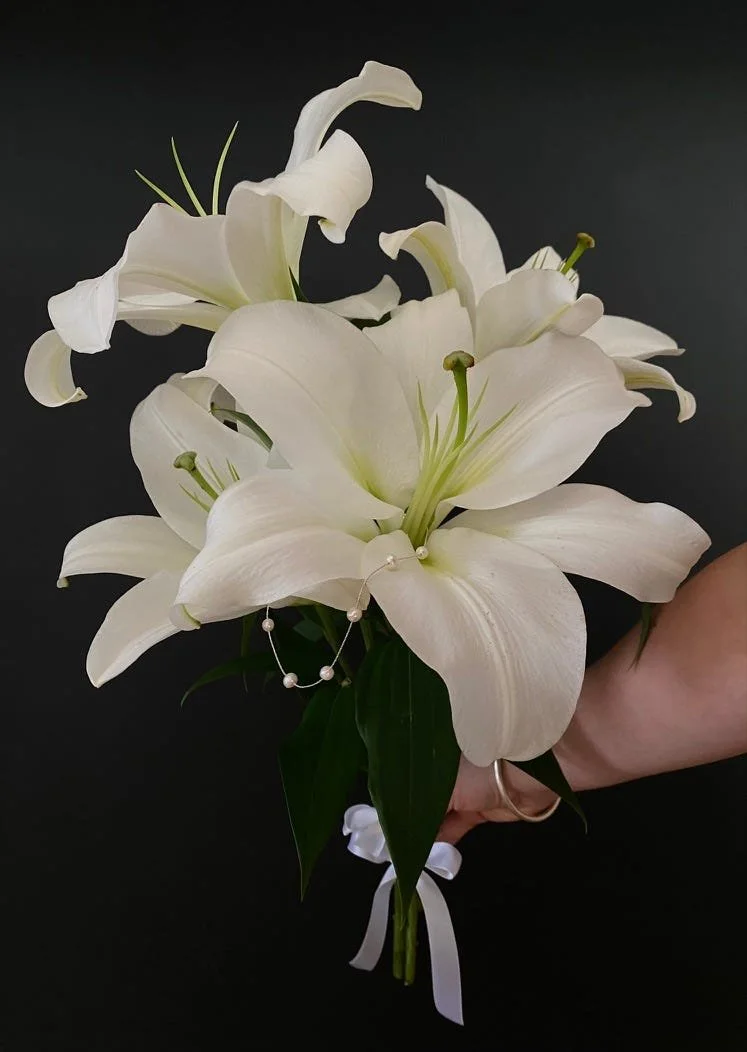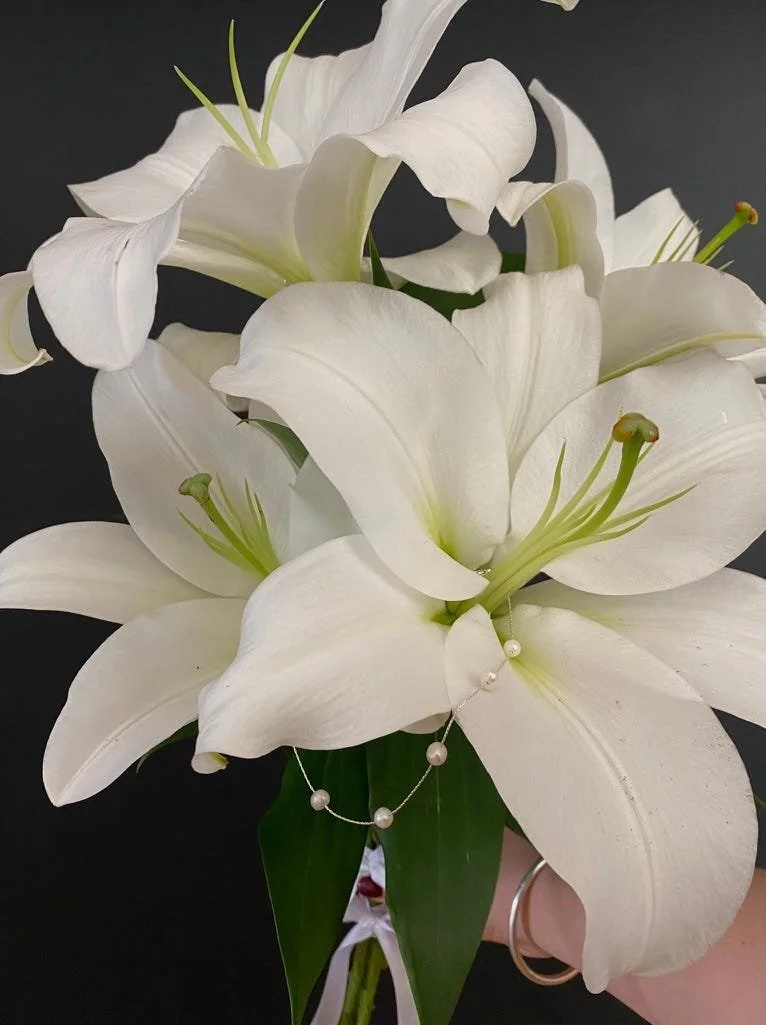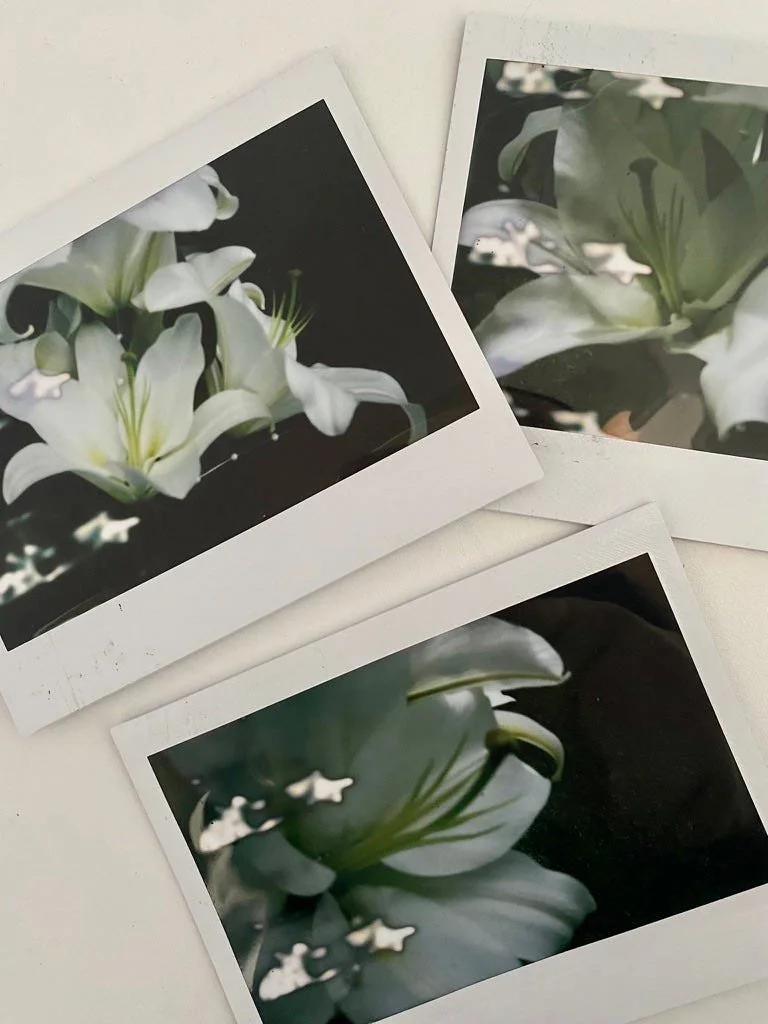Inspired by Lana
I first fell in love with Lana Del Rey when I was a teenager. She captured an essence of femininity that lingered in my heart and now guides me like a quiet compass in my young adult years. Though she infuses her noir-pop ballads with a sultry Americana spirit that echoes of ecstasy and passion, beneath all of her songs is a true melancholy- a window of feminine suffering that catches the soft spots of her doting listeners. Her song Ultraviolence from her record of the same name is a cornerstone of her artistry, and encapsulates the sublime scenes of beauty and pain that characterise her distinct style. The song tells the story of a woman hypnotised by the false love of an abusive partner. Though he hurts her, she adores him, and pleads to get to the core of him which she believes is pure.
He used to call me poison
Like I was poison ivy
I could've died right then
'Cause he was right beside me
Jim raised me up
He hurt me but it felt like true love
Jim taught me that
Loving him was never enough
This song has had its fair share of controversies. For many years it was deemed problematic for ‘glamourising abuse’, and Lana Del Rey herself has mentioned to Pitchfork that she no longer sings the lyric “he hit me and it felt like a kiss” to avoid triggering her audience. However she also confesses that “having someone be aggressive in a relationship was the only relationship I knew”, and in this she reveals that music is not always intended to be promotion, and very rarely do artists prescribe behaviour. Rather, music is an expression of lived, flawed experience. And in the case of Lana, she was a glamorous woman experiencing abuse.
The pain of loving is universal. Lana captures it beautifully by painting a world of hopes and desires born from a feminine optimism, and then shattering it through portrayals of violence and manipulation. She disguises violence beneath a veil of beauty, and contains an anticipation for a life of purity within each poetic line.
We can go back to New York
Loving you was really hard
We could go back to Woodstock
Where they don't know who we are
Heaven is on earth
I will do anything for you, babe
Blessed is this union
Crying tears of gold, like lemonade
Her music video for Ultraviolence is simple but evocative- a description which I hoped to keep integral to this bouquet. Lana is recorded on vintage film, in a grassy aisle on the outskirts of a church, by an anonymous man whose only identifying features are fingers that run through hair and across open lips. She walks down the aisle in a white wedding dress with a lacy veil, and picks up a bouquet of Oriental Lilies. The sun-drenched scene is erotic and nostalgic, and echoes a sentimentality of a once adventurous, adoring relationship. She makes her way into a church and progresses through pews until she arrives at an alter. When the song finishes, she is filmed from behind as her and her lover exchange sacred whisperings.
Lilies have long been a symbol of purity, particularly in European culture where the flower has been used in reference to religious icons such as The Virgin Mary. Because of this, the Lily has strong ties to feminine chastity and the preservation of the holy feminine form. In Ultraviolence, the Lilies perhaps symbolise a pure love turned unreachable in the face of violence, and a courage to find that purity once more. It embodies an experience of femininity which is contorted, exploited and manipulated at the hands of men, whilst also evoking a sense of heat and drama rising passionately in a steamy tropical place. I watched the Lilies- unassuming in their buds- sprawl out into big, open flowers which invite you to gaze deep into their centre. Their aroma once opened was so fragrant it filled up every room of my house. Their petals smooth and white, I had to be so careful when arranging them that I did not bruise them from bending them slightly. I thought they looked best on their own, and adorned them with drooping pearls which appeared as if blossoming straight from inside their centres.


